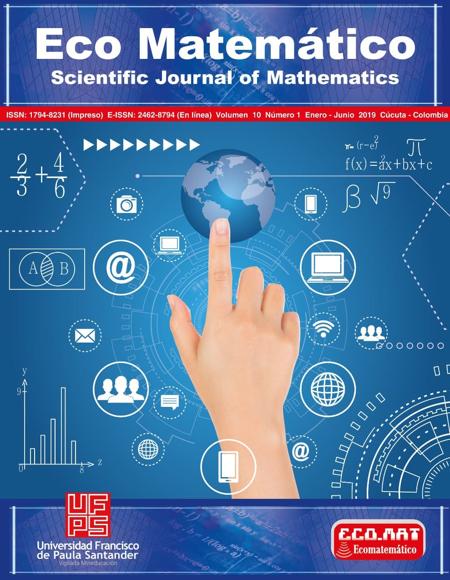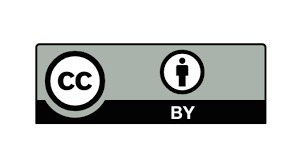Learning Styles of Second Semester Mathematics Students
Estilos de aprendizaje de los estudiantes del segundo semestre de Licenciatura en matemáticas
Main Article Content
The present investigation had as objective to identify the learning styles of the students of second semester of Licentiate in Mathematics of the University Francisco de Paula Santander in the first semester of the 2020. The study is quantitative with a quasi-experimental transectional design of descriptive type with a sample of 30 students; the questionnaire of Habits and Styles of Learning (CHAEA) of Honey-Alonso was used. It was evidenced that 46.67% of the students have predominance in the reflexive learning style while only 10% are Pragmatic style, in the same way the statistical software SPSS Version 23 was used for the analysis of the information.
Downloads
Publication Facts
Reviewer profiles N/A
Author statements
Indexed in
- Academic society
- Universidad Francisco de Paula Santander
- Publisher
- Universidad Francisco de Paula Santander
Article Details
Bertalanffy, L. V. (1968). Tería General De los Sistemas. Mexico D.F: Fondo de cultura Económica.
Cazau, P. (2005). Estilos de aprendizaje:Generalidades. 25.
Hernadez Sampieri, R., Fernández Collado, C., & Baptista Lucio, p. (2014). Definiciones de los enfoques cuantitativos, sus similitudes y diferencias. En Metodologia de la investigación sexta edicion (págs. 2-21). Mexico : McGraw Hill Education.
Iscalá, D. (2017). Fortalecimineto del pensamiento numèrico a trave´s de estrategias didácticas que desarrollen competencias comunicativas en los estudiantes del grado tercero de esducación primaria. Eco maremático 8(1), 49-61.
Kolb, D. (1995). Estilos de aprendizaje. Sloan School of Management.
Mesa, A. S. (2006). Prevencion de la diabetes y estilos de aprendizaje. Interpsiquis VII.
Ricoy, C. (2006). Contribución sobre los paradigmas de investigación. Revista do Centro de Educación, 11-22.
Sampieri, R. (2018). Metodología de la investigación: las rutas cuantitativa, cualitativa y mixta. Mexico: McGraw Hill.
Sánchez Teruel, D., & Robles Bello, M. A. (2016). Riesgos y potencialidades de la era digital para la infancia y la adolescencia. Dialnet, 19.
Sánchez, J. J. (2015). Percepción y Experiencia. EPISTEME, 21-36.
Santafé, Y. (2017). Fortalecimineto de competencias cientìficas en la asignatura de física para estudiantes de undécimo grado en Colombia. Eco matemático 8(1), 34-42.








